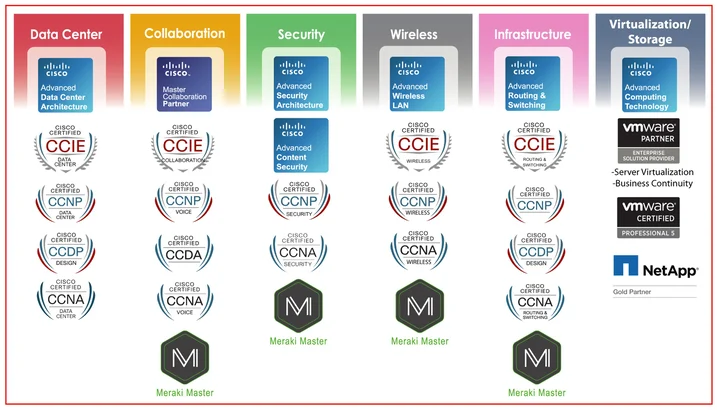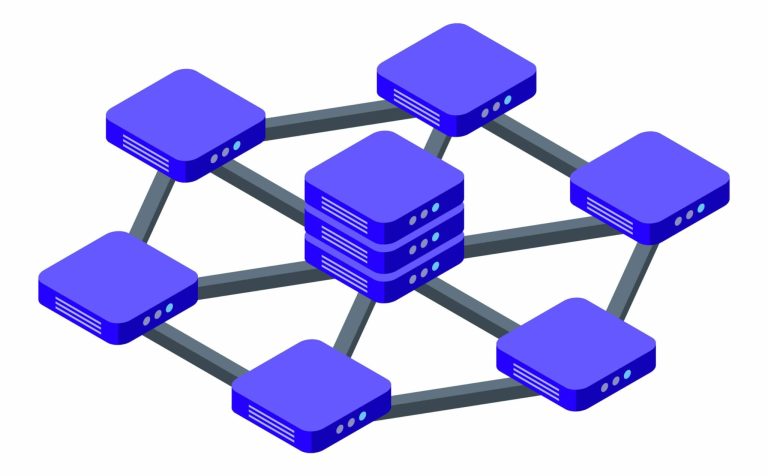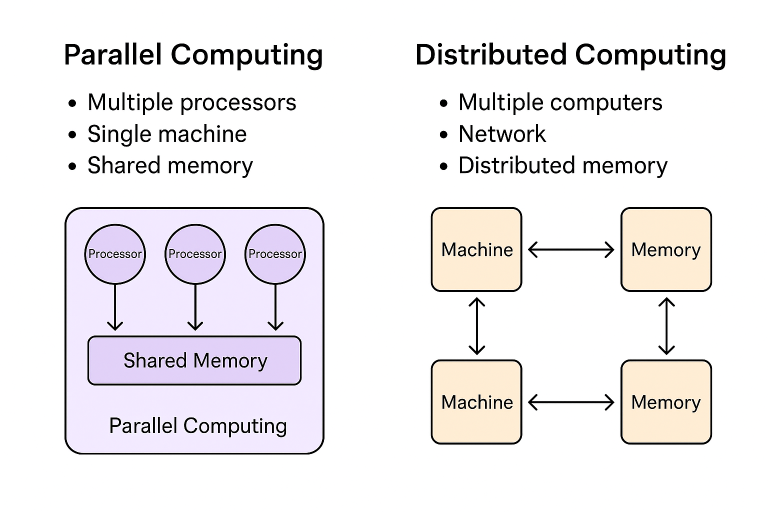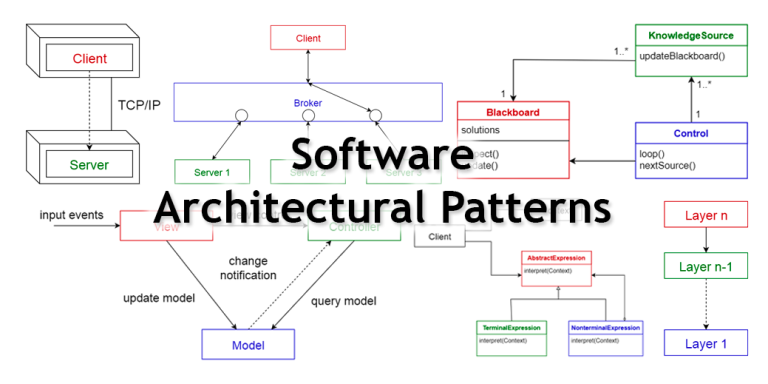In today’s hyper-connected world, the smooth exchange of information between people, devices, and systems depends heavily on efficient and secure networks. At the heart of this connectivity lies Network Engineering—a critical discipline in the field of Information Technology (IT) that ensures networks are reliable, fast, and secure.
What is Network Engineering?
Network Engineering is the branch of engineering that deals with the design, implementation, and management of computer networks. These networks enable data to move seamlessly across devices, locations, and applications—making it possible for businesses, governments, and individuals to communicate and operate effectively.
A network engineer is responsible for creating and maintaining the infrastructure that supports digital communication. This includes configuring routers and switches, ensuring cybersecurity measures are in place, optimizing network performance, and troubleshooting connectivity issues.
Why is Network Engineering Important?
Network engineering plays a vital role in:
- Business Continuity: Without robust networks, businesses can’t function smoothly.
- Cybersecurity: Network engineers help protect sensitive data from threats and breaches.
- Scalability: Properly designed networks can grow with the needs of the organization.
- Cloud Computing & IoT: Network engineers facilitate the connectivity that powers cloud services and smart devices.
Key Responsibilities of a Network Engineer
- Network Design & Planning
Engineers design the architecture for LANs (Local Area Networks), WANs (Wide Area Networks), and cloud-based networks. - Installation & Configuration
They set up hardware such as routers, switches, and firewalls, and configure network software to ensure smooth communication. - Security Implementation
Protecting networks from unauthorized access through VPNs, firewalls, and intrusion detection systems is a core duty. - Performance Monitoring
Using tools to analyze traffic, detect bottlenecks, and maintain uptime. - Troubleshooting & Support
Diagnosing and resolving network issues to minimize downtime.
Tools and Technologies Used
Network engineers work with a wide array of technologies and tools, including:
- Protocols: TCP/IP, BGP, OSPF, DNS, DHCP
- Devices: Routers, switches, modems, firewalls
- Vendors: Cisco, Juniper, Arista, Fortinet
- Tools: Wireshark, Nagios, PRTG, SolarWinds
Career Paths in Network Engineering
There are several roles within the field, each offering its own unique challenges and rewards:
- Network Engineer
- Network Administrator
- Network Security Engineer
- Cloud Network Engineer
- Network Architect
Skills and Certifications
To thrive in this field, you’ll need:
- Technical Knowledge: Understanding of networking fundamentals and protocols.
- Operating Systems Proficiency: Especially in Linux and Windows environments.
- Scripting Skills: Familiarity with Python, Bash, or PowerShell can be a plus.
- Certifications:
- Cisco Certified Network Associate (CCNA)
- CompTIA Network+
- Juniper Networks Certified Associate (JNCIA)
- Certified Information Systems Security Professional (CISSP) for security-focused roles
As businesses continue to grow more reliant on digital infrastructure, the demand for skilled network engineers is only expected to rise. Whether you’re looking to pursue a career in IT or want to understand the systems that power our digital lives, network engineering is a dynamic and impactful field that lies at the core of global connectivity.


















